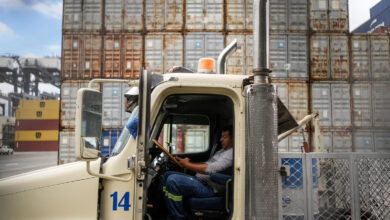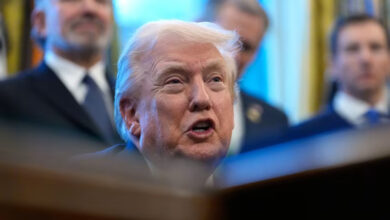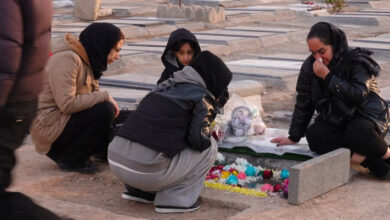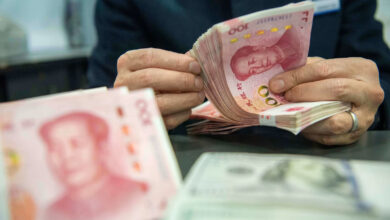Beijing–China said Friday that it opposes the sanctions the European Union is imposing on Iran over its disputed nuclear program, saying it supports Iran’s renewed efforts to hold talks on a possible swap of nuclear fuel.
China often says dialogue and diplomatic means are the best way to resolve the Iran nuclear issue, and a spokeswoman for China’s Foreign Ministry, Jiang Yu, repeated that position in comments posted on the ministry’s website.
The European Union and Canada adopted new sanctions Monday against Iran that target its foreign trade, banking and energy sectors.
The countries worry Iran’s nuclear program could be used for weapons. Iran denies it, saying its program is intended solely for peaceful purposes such as energy generation.
“China does not agree with the EU’s unilateral sanctions against Iran,” Jiang said. China made a similar objection when the United States recently imposed its own sanctions.
The US and others continue to pressure China for a stronger stance against Iran. China has vast energy needs and has large investments in Iran, and its position as a permanent member of the Security Council can challenge further UN pressure on the issue.
Senior US officials said Thursday that they would travel soon to China, Japan, South Korea and the United Arab Emirates to demand compliance with a new, fourth round of UN Security Council measures against Iran.
Tehran has tried to deflect further sanctions by offering to talk about the nuclear issue.
This week, Tehran’s senior envoy to the International Atomic Energy Agency, Ali Ashgar Soltanieh, told reporters that “Iran is ready to go back to the negotiating table” quickly to discuss exchanging some of its enriched uranium for fuel rods for Tehran’s nuclear reactor.
No details of Iran’s offer were available. But under a similar deal in May with Brazil and Turkey, Iran agreed to ship about 1,200 kilograms of low-enriched uranium to Turkey, where it would be stored. In exchange, Iran would get fuel rods made from 20 percent enriched uranium.
That level of enrichment is high enough for use in research reactors but too low for nuclear weapons.
In her statement Friday, Jiang said China welcomes Iran’s latest offer to talk about a possible fuel swap.
“This is conducive to promoting the process of resolving the Iran nuclear issue through dialogue and negotiations,” she said.




